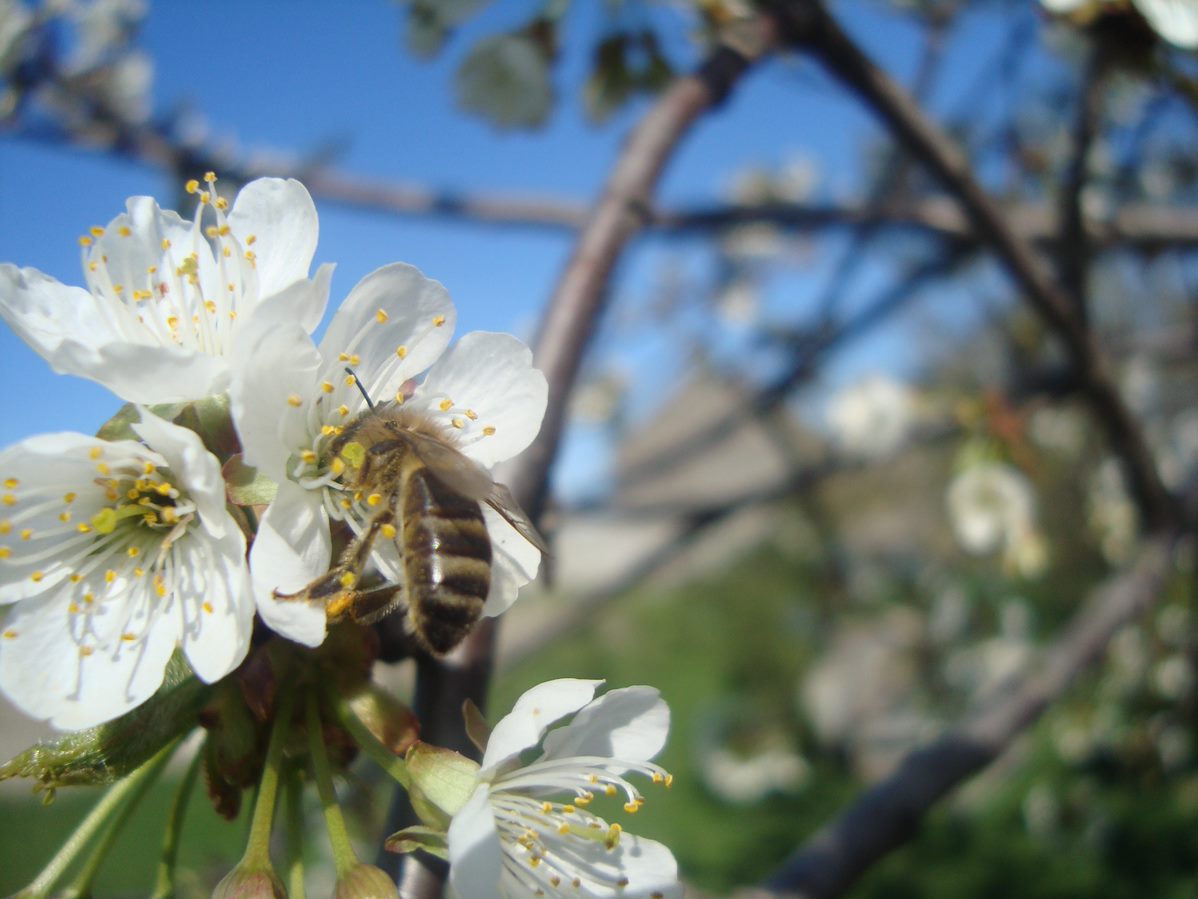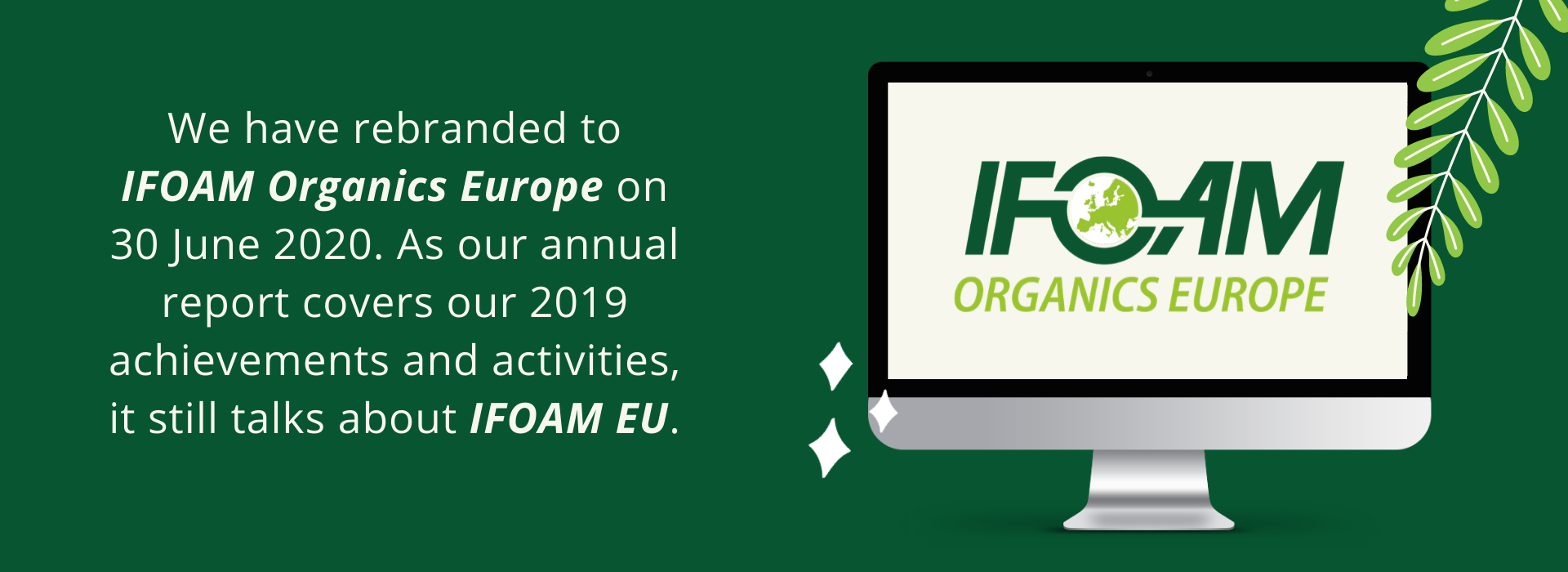Organic in Europe at a glance 
Regulatory framework
Since 1991, the EU Organic Regulation regulates organic farming at EU level. Currently, Council Regulation (EC) No 834/2007 sets the European organic production requirements by defining its aims, objectives, and principles. Two implementing regulations (No 889/2008 and No 1235/2008) detail the organic production, labelling, control and import rules. These regulations apply to all products with the organic label sold in the EU.
In 2011, the European Commission announced the revision of the legal framework for organic production. Three years later, it presented a legislative proposal to the European Parliament and Council of the EU. After several years of discussion, the Parliament and Council adopted the final text in spring 2018. The new Organic Regulation will apply from 1 January 2021. Yet, at the time of writing this report, IFOAM EU asked to postpone the Organic Regulation’s application to January 2022 due to the difficulties the coronavirus and COVID-19 pose. Visit the regulation section of our website for more background information on the Organic Regulation.
Another EU policy greatly influencing organic farming is the Common Agricultural Policy (CAP). Almost 40% of the EU budget goes to Europe’s agriculture through the CAP and significantly impacts European food and farming. Since its creation, the CAP has undergone significant reforms. The creation of Rural Development (Pillar II) was crucial to develop organic farming and other sustainable farming practices. Nonetheless, major changes are still needed to modernise Europe’s agriculture. IFOAM EU is calling for a CAP reform that transitions European agriculture towards greater sustainability.
The new CAP should build on the Commission’s proposal of June 2018, including the so-called ‘New Delivery Model’. It should go even further by balancing environmental ambitions with a flexible and robust results-based framework. EU officials should work with national ministries and regional administrations to design and manage a CAP delivering what farmers and citizens need.
Read the details about this in our position paper “Towards a new post-2020 CAP that supports farmers and delivers public goods to Europeans”. For more information about our vision on transforming the CAP visit our website.
The European Framework Programmes for Research & Innovation (R&I) also have a significant impact on the organic sector and the sustainability of our food and farming system. It is crucial for organic approaches to receive a high priority on the EU and Member States’ R&I policy agendas. To achieve this, we built strong coalitions with civil society organisations, researchers, farmers, and companies. Together we established TP Organics, the European Technology Platform for organic food and farming. It strengthens R&I for organics and other agroecological approaches by identifying research priorities and innovation goals and promoting these to policy-makers. Have a look at the R&I section on IFOAM EU’s website to find out more about our projects and activities.
Organic market and production
Over the last three decades organic food and farming has been growing year by year across the EU and continues doing so. In 2018, the EU’s total area of farmland under organic production grew to 13.8 million hectares. Compared to 2017, the number of organic producers in the EU increased by 7.1% to 327,000. A significant growth of the EU’s organic retail market accompanies this development, rising by 7.7% to more than €37 billion. Between 2009 to 2018, the value of the EU’s organic market more than doubled.*
The EU’s organic market is very dynamic with growth rates varying between different countries. Its overall, continuous positive development is due to a combination of factors. These include the innovative character of organic food and farming, growing policy support and European citizens increasing demand for high-quality, sustainable food production. This is well represented in the growing per capita consumption of organic products. Generally speaking, consumers spend more on organic food every year with certain product groups achieving above-average market shares.
Browse our interactive infographic for country-specific data and trends on organic production and retail.

